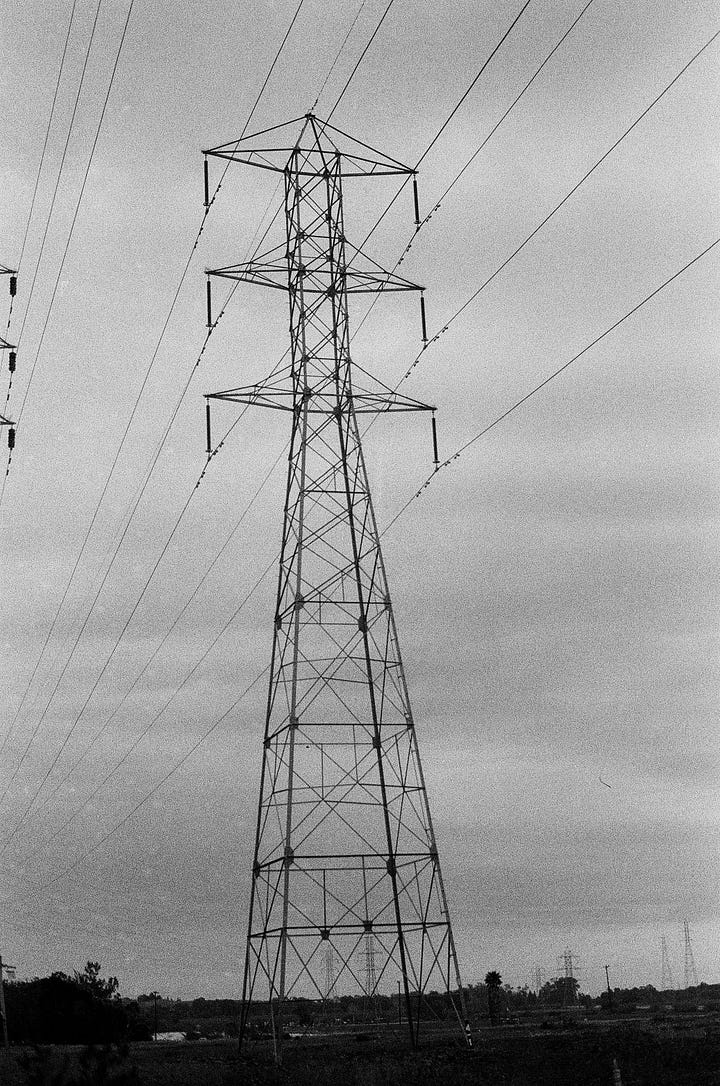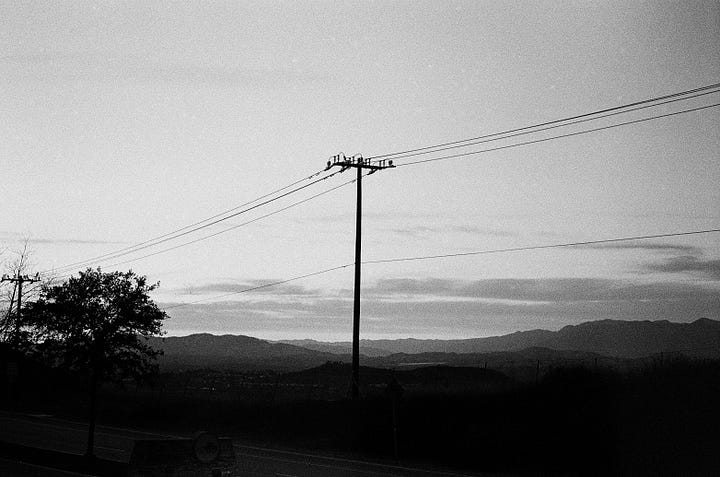Two Weeks (February)
For the next two weeks, I will be embracing new challenges. Normally, my ADHD will kick in and I can’t sit still, needing to partake in some kind of activity to settle down. Unfortunately, I will need to slow down and take time to recover from an incision. With the ongoing uncertainty of DOGE cuts impacting my livelihood, my typical outlet of climbing is unavailable. Starting my mornings in the ocean, embedded in nature with the only concern of catching some waves will be taken away. All of the coping mechanisms I have developed and integrated into my life have been completely stripped for the next two weeks. During this time, I will need to find new ways to curb my hyperactivity and anxious state.
Quarantining from the world in 2020, I experienced my first panic attack. Encouraged to stay inside, I failed miserably when confining myself to the walls of my mom’s apartment. Cabin fever prevailed and the anxiety of uncertainty overcame any sense of tranquility. Everything I worked for, everything I cherished, everything I valued was near the precipice of me pulling a Dude and saying, “fuck it”. Although these two weeks will be completely different than my pandemic experience, recovery compiled with my past struggles is worrisome. To combat these previous shortcomings, I plan on recircuiting my brain, escaping patterns of monkey mind and trying to be as present as possible. Also, my momentum of training for a 2,000+ elevation 22k race will be put on pause. Though I am disappointed to lose valuable training time, the shoes will still get laced up and some movement will ensue. During my brisk walks, I promise to carry my film camera and shoot whatever I find intriguing.
During these two weeks of walking, I have become fixated on things in our lives that do not belong. A prime example includes a gorgeous conifer tree I found while walking. Although I first admired its stature, I found its presence a rather odd juxtaposition, believing a tree of this magnitude does not belong in suburbia. Next, I fixated on palm trees, a staple of California’s identity, yet unnatural and imported to achieve the semi-tropical branding. Crows, ravens, and other birds perching on power lines, capitalizing on the resources humans built. Power lines are hardly noticeable in the abstract, yet inescapable after the frequency illusion. Parading in perfect parallel fashion, power lines are completely unnatural to the landscapes of earth, but a requirement for daily living. Broken branches from heavy winds, once belonging in totality of the tree, now cautioned off for city workers to clean. Concrete stairs near the Pacific Ocean, created for easier access to carry a board in the ocean and emulate its movement. Belonging is what everyone desires, but our lives are ironically filled with the contrary.
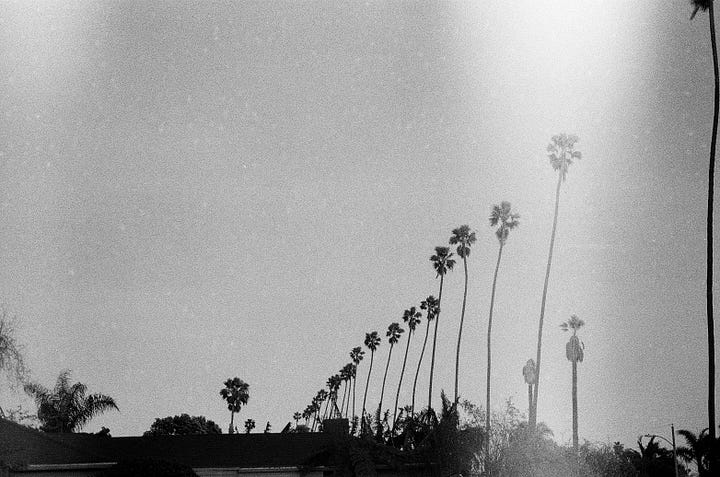
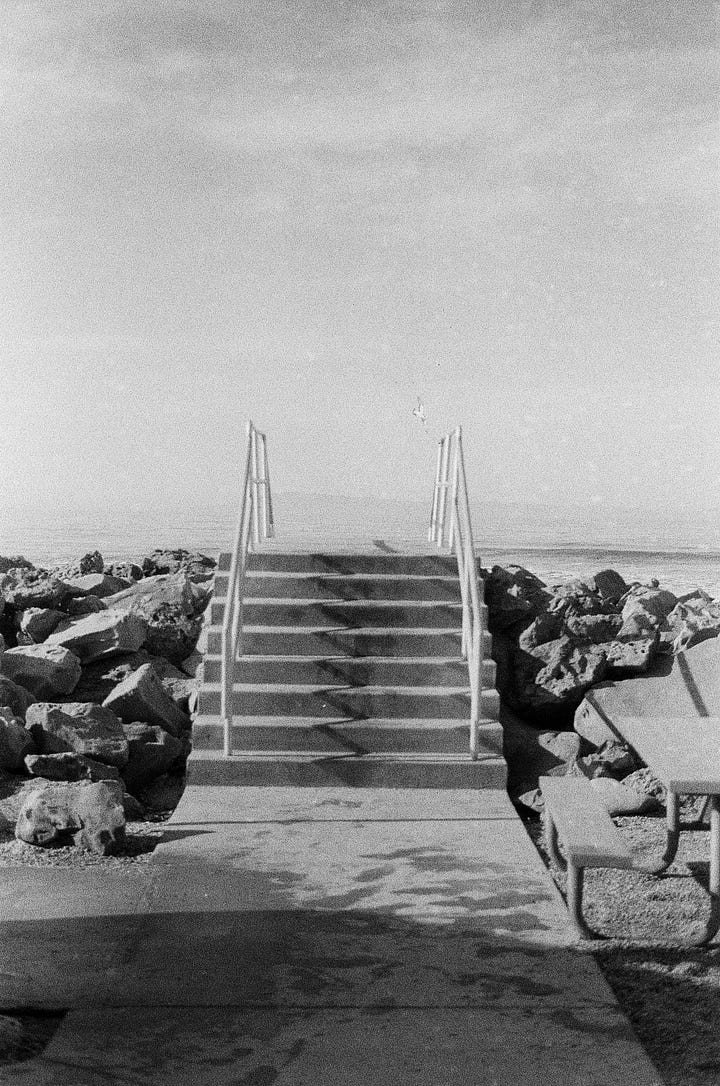
Big & Beautiful (June)
During the past few months, I have made a conscience effort to avoid grabby headlines and rabbit holes. Between getting married, travelling, and acclimating back to life’s mundane tasks, I have organically fallen out of the news cycle. While I have felt empowered to avoid the pull of technology, I internally debate whether it is better to stay informed or stay offline. However, avoiding my respective echo chamber was neglected when hearing about the One Big Beautiful Bill Act’s (OBBBAs) intention of selling public land.
For some reason, Americans possess a strong fixation to control and own the Earth it lives upon. Selling 2-3 million (now 1.2 million) acres of National Forests and BLM land would be a disservice to the American people. When discussing open space, Ed Abbey said it is “the fundamental heritage of America”. Agreeing with Abbey, I believe public lands are for the benefit and enjoyment of the people, with our sole responsibility not to mar it. Selling public land eradicates recreation, impacts wildlife, potentially erases our dark history, and violates our fundamental values as Americans. The counter argument and the perks of OBBBA include increasing energy production and boosting the economy through tax relief for individuals and business. But are the potential impacts to our environment worth the promised economic growth?
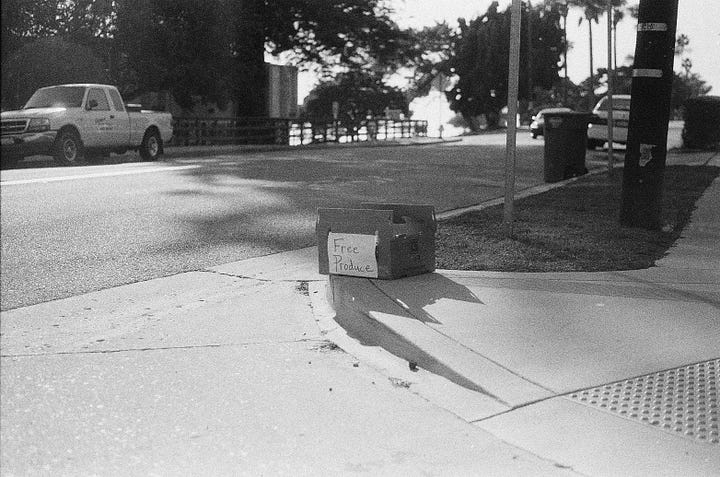
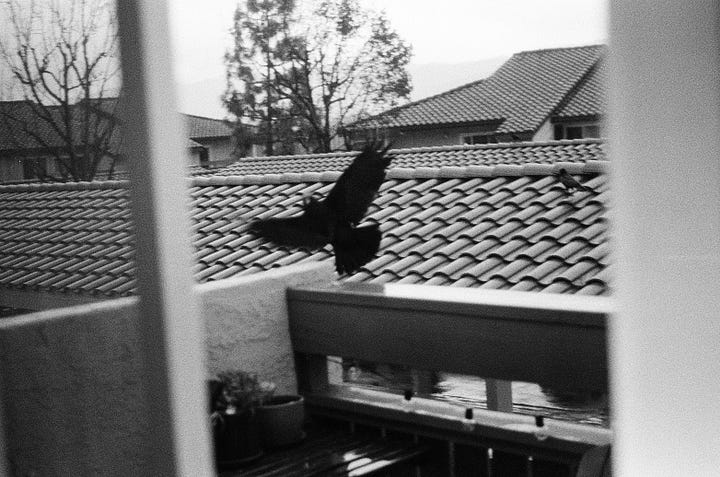
OBBBA’s proposed tradeoff for selling public land includes solving the housing crises. However, I can’t help but believe we are being bamboozled since the language of the bill lacks any guarantee towards building affordable housing. I believe the true intention of selling public land is to pay for the sweeping tax cuts promised to billionaire donors through the expansion of oil, gas, coal, and timber sales. Several states (AL, AZ, CA, CO, ID, NV, NM, OR, UT, WA, and WY) are at risk from this fire sale and are worth saving. But reading about the potential sale of beloved regions in the Eastern Sierras makes me empathetic about what is at stake.
Expressed myriads of times through this Substack alone, the Sierras have played a major role in shaping my values and influencing my beliefs. Selling and commercializing millions of acres of public land puts strict limitations on our development and education, imprisoning the next generation of explorers. With the inevitable takeover of AI and our already strong disconnect with the physical world, we can’t afford to damage nature and exploration. Public land does not strictly belong to the American People as several species would also be impacted by the corporate expansion and the greed to fill our wallets. Also, selling public land could potentially relinquish our already “unspoken” dark history of removing Native Americans from their land. The cruelty US Government inflicted on Native Americans in search of conquest masqueraded as “Destiny” should never be forgotten. My love for visiting the Sierras fostered a curiosity to continuously learn about its first inhabitants. Conserving the land stolen should at least be allowed for everyone to experience and learn about, opposed to preserving it for the financial benefits of only a few.
I may not believe much in religion and higher power, but I do believe in what I can see, feel, and breathe. The primordial experience one receives from sleeping under the stars, catching some trout on the fly rod, and exploring the land is truly indescribable. The public land currently for sale existed millions of years before humans, much before the invention of religion. Ralph Waldo Emmerson once said, “there are more acts of God in nature than humans”. In the spirit of RWE, America must resist its materialistic cravings and instead save this big beautiful land.
